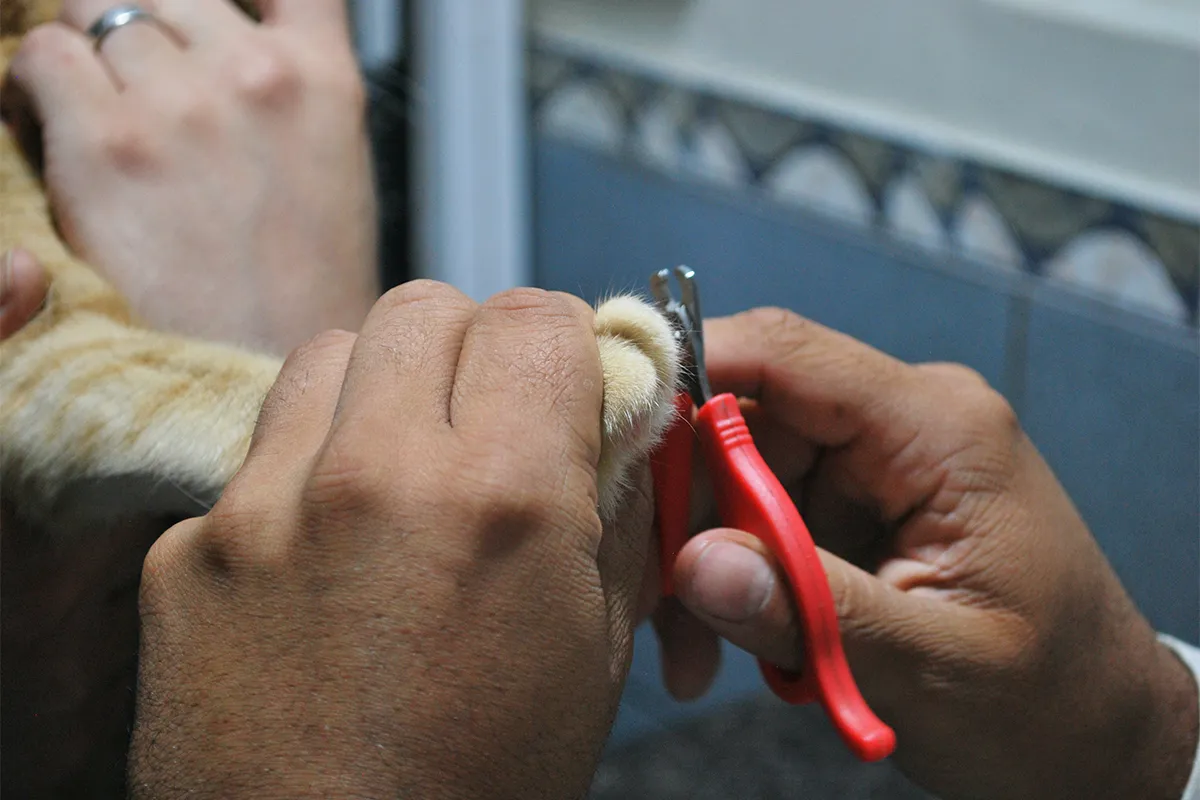If you’ve recently adopted a puppy, you may be struggling with getting them to sleep through the night. This is entirely normal, as your puppy is adjusting to a whole new life away from their mother and siblings. In this article, we’ll discuss puppy sleep habits and provide tips on how to help your puppy sleep peacefully through the night.
Table of Contents:
- Do Puppies Sleep Through the Night?
- Why Puppies Stay Active at Night?
- Tips for Helping Your Puppy Sleep Through the Night
- When Can You Expect Your Puppy to Sleep Through the Night?
- Conclusion
Do Puppies Sleep Through the Night?

If you’ve ever observed a newborn or very young puppy, you’ll notice they spend most of their time sleeping and eating. As puppies grow, they start to interact with their littermates, mother, and the world around them. Around two to three weeks of age, puppies gradually spend more time awake. However, it’s common for very young puppies not to sleep through the night due to their frequent hunger, need for company, or the urge to eliminate.
The recommended age for adopting a puppy and separating them from their family is typically around eight weeks. Puppies at this age can sleep for a minimum of six consecutive hours. But keep in mind that they might still experience homesickness and may need to relieve themselves during the night, as they may not yet have the physiological maturity to hold it in.
For these reasons, it’s not unusual for a young puppy to cry, whimper, or scratch at the door if left alone during the night. As they develop, they will gain control over their bladder and become accustomed to your sleep schedule, but some puppies may take several months to sleep through the night. Even if they don’t wake you up, you may find surprises like accidents indoors.
Why Puppies Stay Active at Night?
Another important factor in a puppy’s nighttime activity is their energy level. At two months of age, puppies are in a phase characterized by exploration and playfulness. However, they still need plenty of sleep and have a surplus of energy to burn while awake. This means that if your puppy spends a lot of time alone during the day without adequate stimulation, playmates, or exercise, they’re more likely to keep you awake at night. They might also engage in destructive behavior, coinciding with the time you’d typically allocate for sleep.
Additionally, younger puppies, especially if adopted before eight weeks, may require nighttime feedings. Puppies can need to eat during the night, even up to their first year of life. They might also wake up to relieve themselves, and it’s important to address their needs promptly.
Tips for Helping Your Puppy Sleep Through the Night
Understanding the various factors that affect your puppy’s sleep can guide you in maximizing their rest during the night. Here are some recommendations to ensure your puppy gets a peaceful night’s sleep:
1. Prepare a Cozy Sleeping Area
During the initial days at home, it’s natural for your puppy to miss the care of their mother and the constant company of their littermates. To help your puppy sleep soundly, create a comfortable sleeping space. Provide not only a cozy bed but also a blanket with the scent of their previous home or mother. This can help them feel more secure.
You can place a ticking clock in their bed to simulate the soothing heartbeat of their mother. Additionally, a stuffed animal or two in their bed can mimic the physical contact they’re used to.
2. Keep Your Puppy Stimulated During the Day
If you want your two-month-old puppy to sleep through the night, it’s crucial to engage them in activities and provide physical and mental stimulation tailored to their age. This ensures they’re tired enough to sleep soundly at night. Make sure your puppy has opportunities to relieve themselves, offer a comfortable bed, and maintain a calm environment for resting.
3. Establish a Bedtime Routine
Puppies don’t need to be tucked in for the night, but they do need a comfortable, secure sleeping environment. Avoid overly active play before bedtime, as it can overstimulate your puppy. Create a consistent routine right from day one to signal when it’s time to wind down.
4. Avoid Locking Your Puppy Away
It’s a common misconception that a new puppy should sleep alone from the moment they arrive at their new home. Modern advice suggests that puppies need companionship and bonding. While they might not sleep in your bed, allowing them to sleep in the same room can provide comfort and reassurance, and it’s perfectly fine to comfort your puppy until they fall asleep.
When Can You Expect Your Puppy to Sleep Through the Night?
Understanding your puppy’s physiological and emotional needs is key to patience. There’s no fixed date when a puppy will start sleeping through the night; it’s a gradual process that you, as their caregiver, should support.
Conclusion
Helping your puppy sleep through the night requires patience, understanding, and a proactive approach to meet their physical and emotional needs. By creating a comfortable sleeping space, keeping your puppy engaged during the day, establishing a bedtime routine, and providing companionship, you’ll be on your way to peaceful nights with your furry friend.


